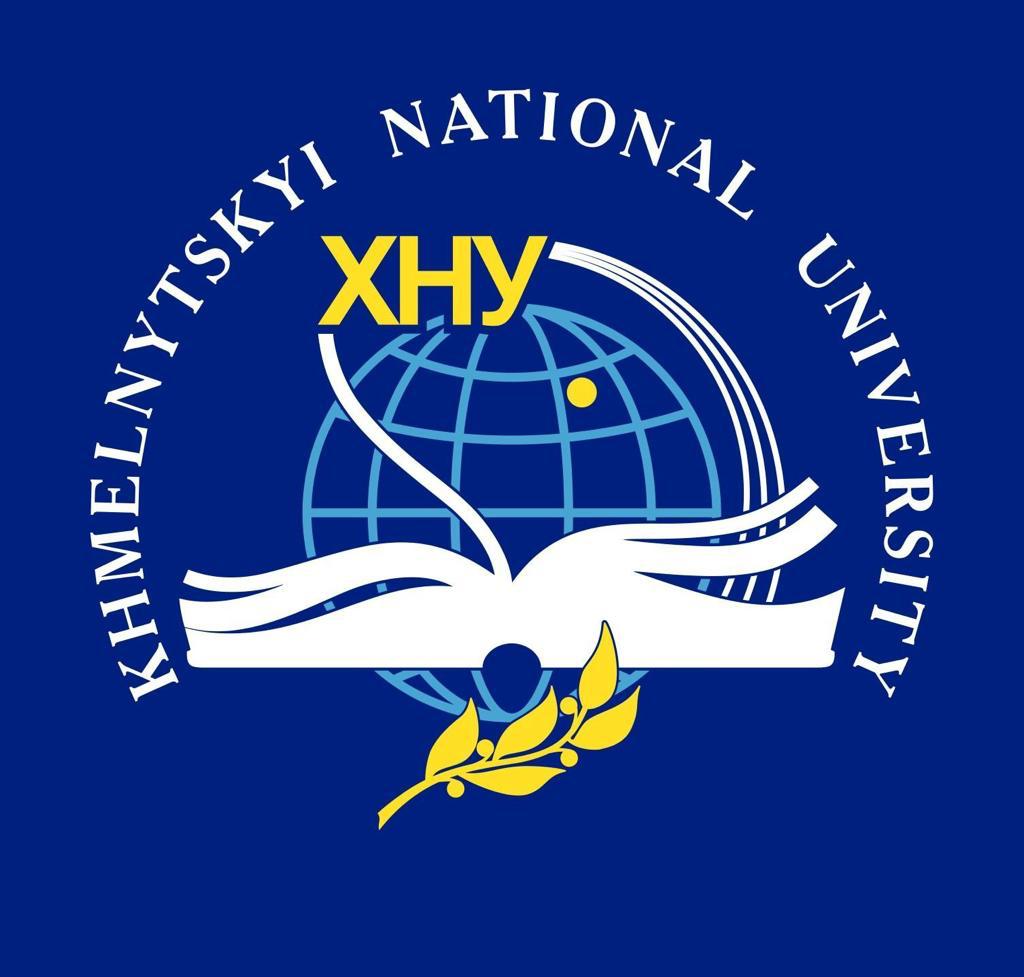THE INTERCONNECTION BETWEEN THE PROFESSIONAL COMPETENCE OF A FUTURE COMMUNICATIONS OFFICER AND THE DEVELOPMENT OF THEIR CORPORATE CULTURE
DOI:
https://doi.org/10.31891/pcs.2024.4.6Keywords:
corporate culture, future communications officers, corporate values, professional competence, preparationAbstract
In the context of the full-scale Russian-Ukrainian war, the issue of optimal consolidation of the efforts of the structural units of the Armed Forces of Ukraine has become particularly relevant for the effective fulfilment of assigned tasks. The effectiveness of task execution is only possible based on a unified system of corporate goals, values, and relationships. Within the structure of the Armed Forces of Ukraine, the officer is the direct bearer of these goals, values, and relationships. In modern conditions, officers are required not only to possess knowledge and skills in military affairs but also to demonstrate corporate culture, which, considering traditions, values, and patriotism, enables them to make the right decisions in the context of a military-combat or military-service situation. The aim of the article is to consider corporate culture as a component of the professional competence of future communications officers and to establish the interconnection and interdependence between them.
The corporate culture of future officers is examined as an integral, professionally significant quality of cadets' personalities, formed based on the structural components of the military-educational environment, a combination of professional-pedagogical and statutory requirements, and the relationships among participants in the educational process, considering the value-goal dominant. It has been established that the main manifestations of corporate culture in future communications officers include a high level of social cohesion and solidarity among individuals and groups; the necessary level of development of professional, civic, and personal awareness; and an orientation towards solving organisational and professional tasks.
It is generalised that, in combat situations, corporate culture as a component of professional competence enables future officers to fully implement measures for preparing and executing service (service-combat or operational-service) tasks based on a comprehensive and objective understanding of the assigned tasks, assessing the situation, developing a plan, making decisions, communicating tasks to subordinates, organising coordination, providing comprehensive support, and exercising management.
References
Balashova, Yu. V. (2010). Formuvannia korporatyvnoi kultury maibutnikh ofitseriv-prykordonnykiv: perspektyvnyi analiz [Formation of corporate culture of future border guards: prospective analysis]. Visnyk Natsionalnoi akademii Derzhavnoi prykordonnoi sluzhby Ukrainy, 2, 3-10. [in Ukrainian].
Boiko, O. V., Romanyshyna, L. M. & Tiurina, V. O. (2023). Metodychni aspekty formuvannia pedahohichnoi kultury maibutnikh ofitseriv-viiskovykh lideriv [Methodical aspects of shaping the pedagogical culture of future military officers and leaders]. Nauka i tekhnika sohodni, 9 (23), 272–284. [in Ukrainian].
Zorii, Ya. B. (2018). Teoretychni ta metodychni zasady pidhotovky maibutnikh ofitseriv zapasu v zakladakh vyshchoi osvity [Theoretical and methodical ambushes for the preparation of future reserve officers in the deposits of great light]. [Monohrafiia]. Chernivtsi: Chernivetskyi nats. un-t imeni Yuriia Fedkovycha, 420. [in Ukrainian].
Lebedyk, L., & Strelnikov, V. (2021). Formuvannia liderskykh yakostei u maibutnikh ofitseriv Natsionalnoi hvardii Ukrainy [Formation of leadership skills among future officers of the National Guard of Ukraine]. Teoriia i praktyka upravlinnia sotsialnymy systemamy, 3, 35–42. [in Ukrainian].
Pavlenko, O. (2023). Orhanizatsiia osvitnoho protsesu u vyshchykh viiskovykh navchalnykh zakladakh shchodo formuvannia upravlinskoi kompetentnosti maibutnikh ofitseriv pidrozdiliv zviazku [Organization of the sensitization process at the highest military bases to formulate the management competence of future officers of the subdivisions]. Molod i rynok, 1 (209), 113–120. [in Ukrainian].
Pro Zbroini Syly Ukrainy [About the Protective Forces of Ukraine] (1991): Zakon Ukrainy № 1934-XII vid 6.12.1991 (v redaktsii vid 18.09.2024 r.). URL: https://zakon.rada.gov.ua/laws/card/1934-12 [in Ukrainian].
Romanyshyna, L., Halus, O., & Mozolev, O. (2024). Rol korporatyvnoi kultury u formuvanni profesiinoi kompetentnosti maibutnikh ofitseriv [Тhe role of corporate culture in shaping the professional competence of future officers. Physical culture and sport: scientific perspective, (3), 96–102. [in Ukrainian].
Romanovskyi, O., Ihnatiuk, O., Reznik, S., Solodovnyk, T. (2021). Kontseptualni zasady innovatsiino-stratehichnoho napriamu pidhotovky maibutnikh viiskovykh fakhivtsiv riznykh spetsialnostei sektoru bezpeky, okhorony, oborony v umovakh osvitnikh transformatsii [Conceptual ambushes of innovative-strategic direct training of future military personnel of various specialties in the security, security, and defense sectors in the minds of modern transformations]. Teoriia i praktyka upravlinnia sotsialnymy systemamy, 4, 47–56. [in Ukrainian].
Seliuk, V. (2022). Korporatyvna kultura maibutnikh ofitseriv Zbroinykh syl Ukrainy yak naukovo-pedahohichna problema [The corporate culture of future officers of the Armed Forces of Ukraine as a scientific and pedagogical problem]. Pedahohichnyi dyskurs, 33, 76–80. [in Ukrainian].
Deal T. Kennedy A. A. (1982). Corporate Cultures: The Rites and Rituals of Corporate Life. Harmondsworth: Penguin Books. P. 37–40.
Hofstede, G. H. (2015). Cultures and organizations: software of the mind. Mc Graw Hill, 269.
Morar (Bonca), O. D. (2017). Some Theoretical Perspectives on the Organizational Innovative Culture. Analele Facultății de Economie, 1 (1), 817-823.
Rosen, S. P. (2019). Winning the Next War: Innovation and the Modern Military. Cornell University Press, 500.
Scaliza, J. A. A., Jugend, D., Latan, H., & Andrade, D.F. (2022). Relationships among organizational culture, open innovation, innovative ecosystems, and performance of firms: Evidence from an emerging economy 134 context. Journal of Business Research, Vol. 140, 264-279,
Weirauch, L., Galliker, S., & Elfering, A. (2023). Holacracy, a modern form of organizational governance predictors for person-organization-fit and job satisfaction. Frontiers in Psychology, 13, 21-54.
Weiss, M. (2018). How to become a first mover? Mechanisms of military innovation and the development of drones. European Journal of International Security, Vol. 3, Issue 2, 187-210.
Downloads
Published
How to Cite
Issue
Section
License
Copyright (c) 2024 Володимир ЗЕЛЕНИЙ , Галина ТАРАСЕНКО , Наталія МАЛАНЮК

This work is licensed under a Creative Commons Attribution 4.0 International License.





